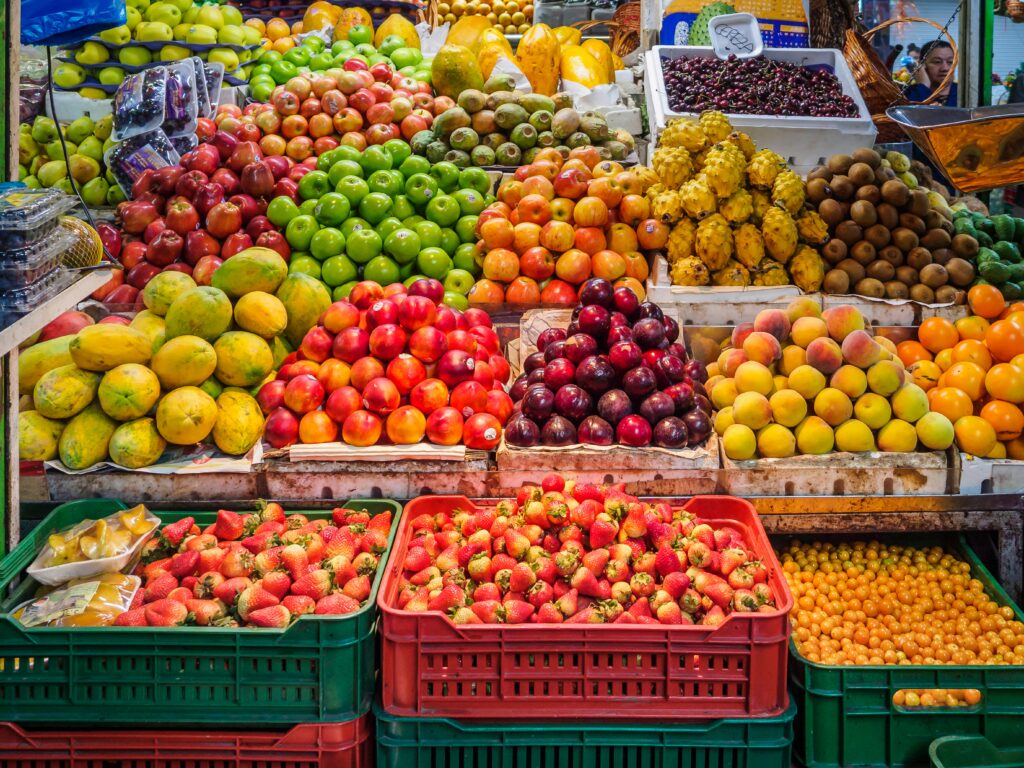
We humans need stuff. We need food, and clothing, and shelter, and we need a way to get those things. The past year has made us aware of how much we need other things, too: love, companionship, interaction, variety.
We also want stuff. We want money—always just a bit more than we have. We want better health—even if we live in ways that seem to contradict that. We want recognition, which these days comes most commonly by way of likes and shares and congratulatory comments.
In Western culture, our natural tendency to want what we don’t have is exacerbated by the advertisements that bombard us pretty much constantly, especially if we’re the kind of person who permanently stores his phone in his hand rather than his pocket. You need this app; you need these shoes; you need that car; you need a vacation in Cozumel.
We’re a needy bunch.
I’ve noticed that my students’ generation, while still inclined to neediness—or wantiness—is trending away from stuff. Minimalism is cool (see under “Marie Kondo”). Newlyweds don’t want fine china anymore.
Good for them. It’s easier to pick up and go when you don’t have to think about tons (literally) of stuff that will be worthless in the long run.
Similarly, my wife and I have reached a stage in life where we really don’t want more stuff for Christmas, or birthdays, or anniversaries. We have what we need, and, apart from the occasional jar of cashews or tub of ice cream, we have pretty much what we want in terms of physical things.
But for a great many people, the wish list on Amazon is still a Very Big Deal. I need. I want. I wish I had.
Now, you’re expecting a blog post excoriating acquisitiveness. There’s a place for that, but my thoughts are running in a different direction.
I’m thinking about wealth.
The Bible says that God is endlessly rich. The old chorus said that “he owns the cattle on a thousand hills,” a concept drawn from Psalm 50.10:
Every beast of the forest is Mine, The cattle on a thousand hills.
When the returnees from exile in Babylon are doing their best to rebuild Solomon’s Temple, and producing a recognizably inferior product (Hag 2.3), God encourages these faithful laborers by telling him that this temple isn’t going to be about the silver and gold; “If you needed silver and gold, I have plenty,” he says (Hag 2.8), but he’s going to make this temple great in other, more substantive and infinitely valuable ways (Hag 2.6-9). And indeed, it was this temple—specifically Herod’s renovation of it—that saw the baby Jesus presented for circumcision, and the boy Jesus astonish the rabbis, and the man Jesus clear out the merchants—and the veil torn open by the Father himself as his Son paid the price for the separation between God and his people.
God is rich in the earthly stuff, and he’s rich in the heavenly stuff as well.
And, as we wish for from the rich, he’s generous too. Over the years he’s blessed a lot of his people financially, starting with Job and continuing to Abraham and many, many others, down to this day. While I’m not rich in American statistical terms, I’m wildly wealthy in comparison with most of the rest of the world, and it’s pretty likely that you are too. I have all I need, as well as a lot of stuff I don’t need.
There’s a word in the Bible that embraces this concept. It’s the word abundance. I’d like to spend a few posts meditating on it—contrasting it with some of the nonsense being proposed by religious shysters these days, and laying out some specifics about the Father’s abundant blessing of his people.
Next time we’ll set out a definition.
Photo by Alexander Schimmeck on Unsplash

